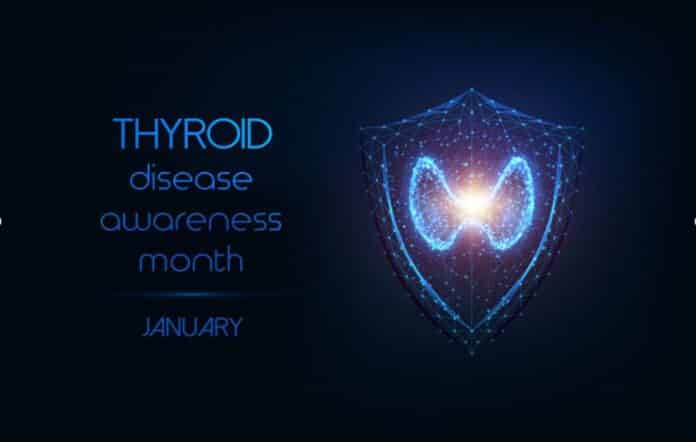
The thyroid is small butterfly-shaped gland located our neck. It is responsible for releasing hormones responsible for regulating our metabolism and how our body utilizes oxygen. It is necessary to take regular health check-ups for it as it plays a vital role to keep us healthy. There are a series of thyroid function tests. That would help you to know how well your thyroid is working.
What are thyroid function tests?
The thyroid function tests are for the quantitative measurements of hormones produced by the butterfly-shaped gland. The thyroid produces triiodothyronine (T3) and thyroxine (T4).
There is one more important hormone that plays a crucial role in the functioning of the thyroid. It is called thyroid-stimulating hormone (TSH). This hormone stimulates the production of T3 & T4. It is produced by the pituitary gland that is situated in the brain. It is also tested with other thyroid hormones. The assessment of the quantity of TSH is measured with ELISA kits.
Why is the importance of thyroid function tests?
If thyroid levels are either high or lower than the amount needed by the body, in both conditions, one can face multiple health issues.
The above situation can result in two conditions one is hypothyroidism and the other hyperthyroidism. When your thyroid hormones are lowered and you are facing symptoms such as weight gain, lack of energy, and depression. This condition is called hypothyroidism.
If levels of T3 and T4 are high in the blood, the condition is hyperthyroidism with symptoms like weight loss, high levels of anxiety, tremors.
If you are having any of the symptoms either related to hypothyroidism or hyperthyroidism your doctor will prescribe broad screening tests, concerning T4 and TSH.
When these tests will show an unusual result, then the doctor will proceed with further analysis.
If you think that you are suffering from any thyroid problem, you can contact your doctor.
Thyroid function test:
Thyroid tests are performed on blood samples. But before giving samples you should inform your doctor about all the medications you are on and if you are pregnant. Because these things may influence the test results. The tests included in the thyroid function tests are the following:
Tests to evaluate thyroid function include the following:
TSH TESTS
The functioning of the thyroid is affected by the amount of TSH secreted. So, the best way to start the screening of thyroid is to measure the TSH level in a blood sample.
Any measurable change in the TSH levels is a warning signal.
Understanding TSH Report:
If the report suggests a high level of TSH, it means your thyroid is not secreting enough hormones that can lead to hypothyroidism.
However, if the report says exactly the opposite of the first case that means low TSH then, this is a signal of hyperthyroidism because the level of T3 and T4 are in excess.
But unusual levels of TSH can also be a result of abnormal functioning of the pituitary gland.
T4 TESTS
Thyroxine (T4) is the main thyroid hormone. The thyroid releases it directly into the bloodstream and then it travels to various organs and enters tissues and cells.
Thus, it is present in two forms in our body free form in the bloodstream and bound activated form. Hence, there are two tests for T4, total T4 test, and free T4 test.
Understanding T4 Report:
- A drop in T4 level indicates the pituitary problem, hypothyroidism, or iodine deficiency.
- An elevated T4 is a warning signal for high levels of protein in the blood, trophoblastic disease, a group of rare pregnancy-related tumors, germ cell tumors
T3 TESTS
Alone T4 or TSH test cannot determine how well the thyroid is working. Thus, if there is any problem detected in T4 or TSH then your doctor may suggest a T3 test.
It also helps to detect hyperthyroidism. Elevated T3 levels can result in hyperthyroidism. It is also found in two forms free and bound to proteins.
Understanding T3 Report:
- Higher levels of T3 in the blood can result in painless (silent) thyroiditis, thyrotoxic periodic paralysis, and toxic nodular goiter.
- But it is normal to have a high T3 level in the blood for pregnant women.
- A decreased amount of T3 indicates hypothyroidism.
Conclusion:
The thyroid is small gland present at our neck. It secretes two hormones T3 and T4. These two hormones together control the metabolism in our body and how our body utilizes oxygen.
But the secretion of these hormones is controlled by a third hormone called TSH secreted by the pituitary gland.
Adequate levels of these three hormones are responsible for the proper functioning of our body and metabolism.
Hence, it is necessary to get the thyroid function test at regular intervals.

